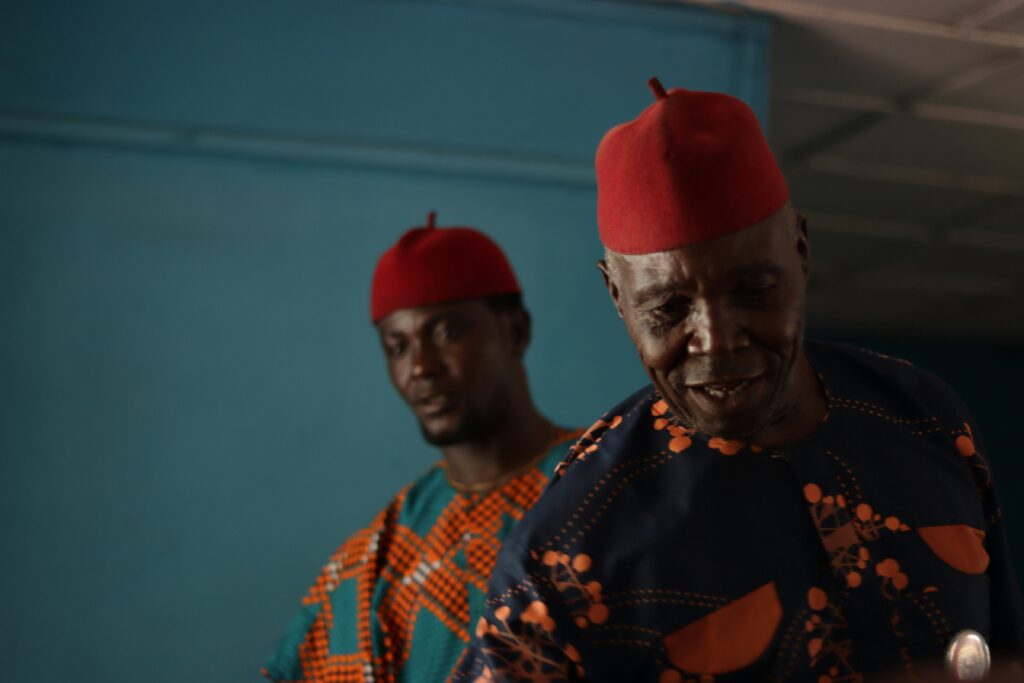Address
304 North Cardinal
St. Dorchester Center, MA 02124
Work Hours
Monday to Friday: 7AM - 7PM
Weekend: 10AM - 5PM
Address
304 North Cardinal
St. Dorchester Center, MA 02124
Work Hours
Monday to Friday: 7AM - 7PM
Weekend: 10AM - 5PM


Being Igbo isn’t just about where you’re from; it’s about how you live, think, and navigate the world. Igbo culture is vibrant, dynamic, and unapologetically unique. Whether you’re Igbo by birth or simply curious about the culture, here’s a fun, lighthearted guide to stepping into your Igbo-ness.
To be Igbo is to understand the hustle. Business is not just a career choice—it’s a lifestyle. From trading in the bustling markets of Onitsha to running international companies, Igbos are known for their entrepreneurial spirit.
Pro Tips to Start Your Igbo Business Journey:
Nothing screams “Igbo” more than the annual pilgrimage to the village. This journey is a rite of passage, often spanning 8 to 20 hours depending on where you’re coming from. Sure, there’s traffic, potholes, and the occasional “buy-your-roadside” detour, but it’s all part of the experience.
What to Expect on Your Village Trip:
Greetings are a big deal in Igbo culture. A simple “Hi” won’t cut it. You’ll need to master phrases like “Nno!” (Welcome!) and “Kedu?” (How are you?).
Bonus Points: If you’re meeting a titled elder, address them properly. Titles like “Ozo,” “Nze,” or “Ichie” are more than just words; they’re badges of honor.
Igbo food is an experience, not just a meal. From the peppery goodness of Ofe Nsala to the unforgettable crunch of Abacha, there’s something for everyone.
Essential Igbo Dishes to Try:
Whether it’s a wedding, a child dedication, or a funeral, Igbo events are always colorful and vibrant. Make sure you come dressed to impress.
What to Expect at an Igbo Event:
Learning Igbo might be challenging, but even a few words can earn you respect. Start with basics like “Daalu” (Thank you), “Biko” (Please), and “Nne” or “Nna” (Mother/Father, used as affectionate terms).
Pro Tip: If you mix up your L’s and R’s, it’s fine. It’s part of the charm.
Respect is a cornerstone of Igbo culture. This means:
At its core, being Igbo is about celebrating where you come from while embracing the quirks that make the culture so unique. So whether you’re negotiating your first business deal, dancing at a village event, or simply enjoying a plate of Ofe Nsala, remember: being Igbo is BEAUTIFUL.